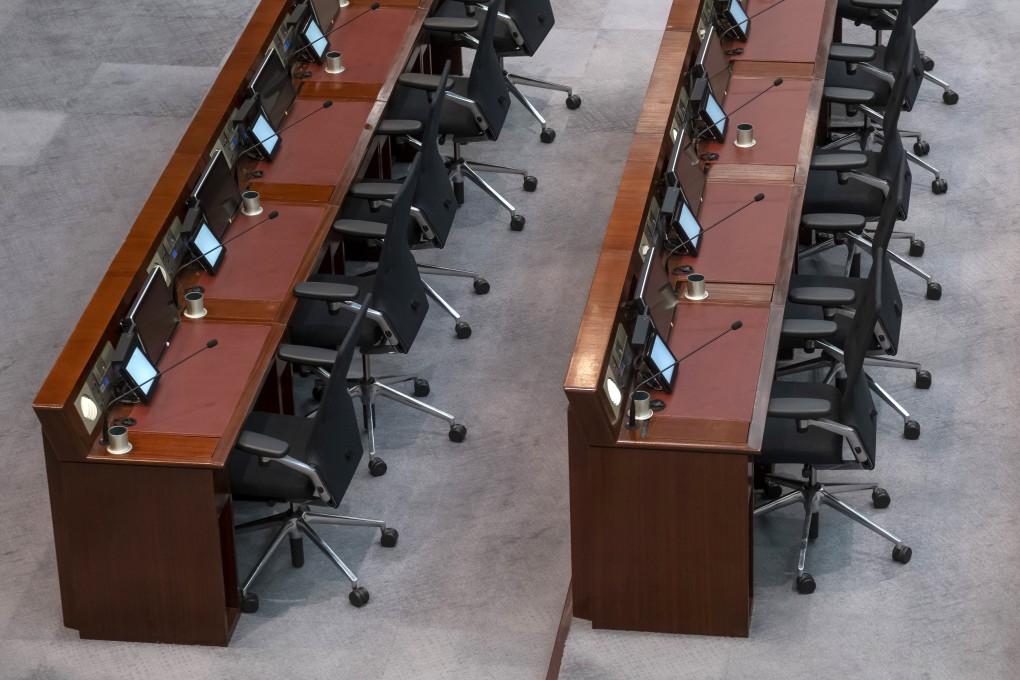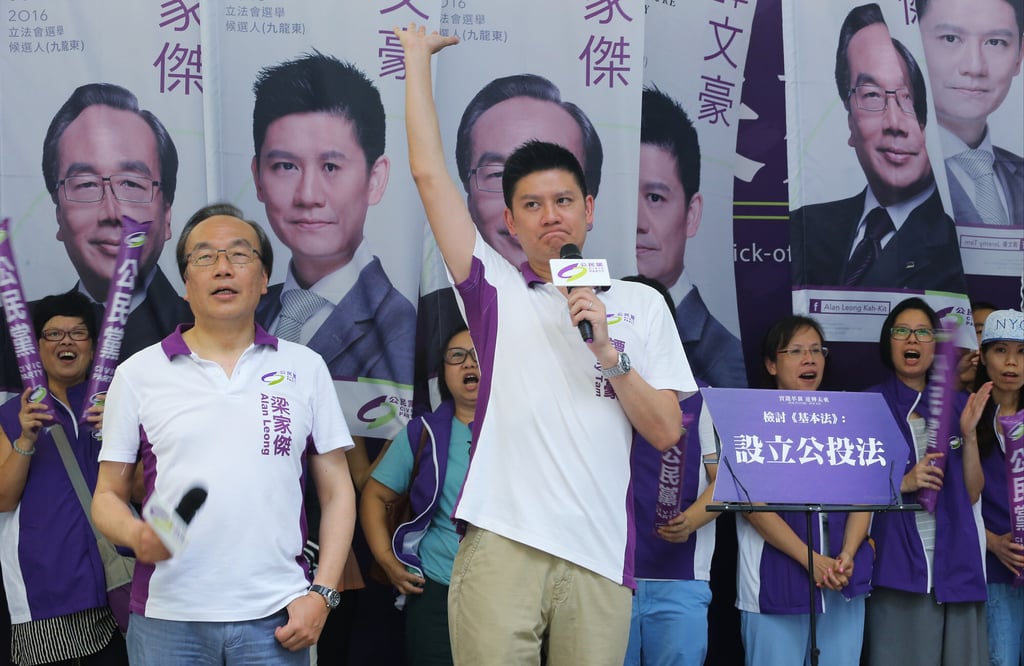Opinion | Hong Kong election reform: city is not beholden to the ways of broken Western democracies
- Western criticism of the revamp should be dismissed as meaningless and empty. Worldwide electoral democracies are exhibiting serious flaws, and Hong Kong should not shudder at embracing new thinking

These complaints should be dismissed as empty words with no real meaning. Who are these foreign powers to judge what is best for the people of Hong Kong? How can any of them justifiably claim to represent the will of the people when opinion is so polarised in their own countries and seats often awarded on razor-thin margins?
The changes to Hong Kong’s electoral system will reduce the role played by mass elections in forming the Election Committee which selects the chief executive and the legislature. That is no bad thing for Hong Kong. Election is by no means the sole yardstick for measuring whether a political system serves the interests of the people.
Writing in 1991 on the crest of the “third wave” of democratisation, American political scientist Samuel Huntington wrote that “the definition of democracy in terms of elections is a minimal definition”. A system of government that permits widespread mass participation has no intrinsic value if it does not deliver good governance.

